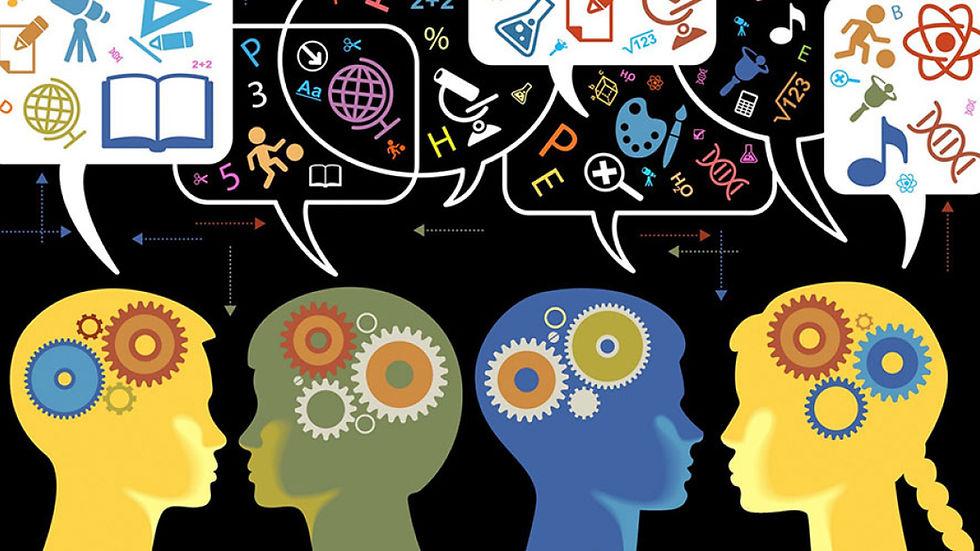Anxious teens: Are they working too hard in school?
- Joanne Jacobs

- Mar 11, 2023
- 2 min read
Dropping SAT/ACT requirements at elite colleges could make ambitious teenagers even more anxious, writes Derek Thompson in The Atlantic. Instead of studying for the test, they'll feel obliged to spend all their time "cultivating as many résumé-stuffers as possible."

"Pressure-cooker schools" could explain the rise in adolescent distress in the U.S. and in other affluent countries, he writes.
Adults in wealthy countries tend to be happier than those in poorer countries, but teenagers are sadder, concludes a 2022 paper by Dirk Bethmann and Robert Rudolf, both professors at Korea University. They call it the “paradox of wealthy nations.”
"Richer and more complex economies require more rigorous and intense education, putting more pressure on kids to be high-achieving perfectionists," the researchers speculate. The irony is that teenagers in many developed countries have a longer school-and-study week than the adult work week. The hardest working teenagers in Korea and some European countries put in a 60-hour academic work week.
Forty years ago, the most anxious kids in America were those in low-income households. Beginning in the late 1990s, that flipped, according to the researcher Suniya Luthar. In a series of studies, she found that rich teens in high-achieving schools were the most anxious and depressed. One possibility she explored was that the most rigorous schools created an environment where kids worried too much about how they measured up to their peers in grades, activities, and college admissions.
Of course, most U.S. students aren't working that hard or trying to get into highly selective colleges: a 35-hour school-and-study week is the norm, according to Collegiate Parent. (Korea probably has the hardest working students in the world.)
Asian-American students study nearly two hours each week day, noted Brookings in 2017. That's much higher than anyone else.



"Asian-American students study nearly two hours each week day, noted Brookings in 2017. That's much higher than anyone else": which is exactly why the implicit quotas assigned by the "anti-racist" racial culturists, who assume that the proportions of people of various races that appear in the group photos of elite institutional matriculants should reflect those of their surrounding neighbourhoods, are wrong, and so shocking to those of us who have lived in East Asia: hard work training for a competition is negated or intensified, since that poor kid studying so hard is, in effect, only allowed to compete against those who look like him, whereas others spend the same hours playing Madden or whatever and yet assert their civil right…
Most high schoolers are undermatched academically as so many have been zip-coded out of appropriate coursework...most districts offer a just the basic type of gen ed and honors, nothing in between, and not enough seats in honors. Consequently most students don't need to spend much time on the actual schoolwork. Consider all the afterschooling; students are pretty busy with some combo of fine arts in the community, sports in the community, academics online and/or working. The homework= 10 min x grade level that the PTA recommends is pretty much what's going on; its just that the work at home is not assigned by the District or,for those not in Title 1/wealthy Districts, offered by the District as an EC.
Imagine…
Dropping SAT/ACT requirements means not only having perfect grades but also building a resume that is not only meaningful but will have the proper political slant to impress an admission committee Thus helping poor people or getting prom dresses donated to help poor girls works looks good. Being an Eagle Scout or winning the state science fair does not.